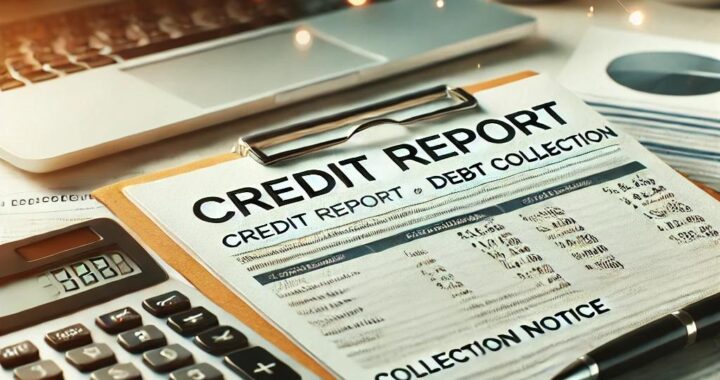In today’s financial world, your credit score is a key factor in determining your ability to secure loans, credit cards, or even housing. At Credit Counsel, Inc. (CCI), we understand that debt collection can feel daunting, especially when it impacts your credit report. In this post, we’ll break down how debt collection affects your credit score and provide actionable advice to help you navigate the credit reporting process effectively.
How Debt Collection Affects Your Credit Score
When an unpaid debt is sent to collections, it often results in a negative mark on your credit report. Here’s how it typically works:
- Account Delinquency: Missing payments on a loan, credit card, or bill leads to account delinquency.
- Account Sent to Collections: After a period of non-payment (usually 120–180 days), creditors may assign or sell the debt to a collection agency.
- Reporting to Credit Bureaus: Collection agencies may report the debt to major credit bureaus (Equifax, Experian, and TransUnion), which can significantly lower your credit score.
The presence of a collection account signals to lenders that you may pose a higher risk, making it more challenging to access credit or secure favorable terms.
How Long Does a Collection Stay on Your Credit Report?
A collection account typically remains on your credit report for seven years from the date of the original delinquency. However, its impact on your score diminishes over time, particularly if you maintain a consistent record of on-time payments and responsible credit use.
Navigating the Credit Reporting Process
If you find yourself with a debt in collections, there are steps you can take to manage the situation and minimize its impact on your credit score:
- Verify the Debt
Before taking any action, confirm the debt is valid. Request a written validation notice from the collection agency detailing the debt amount and the original creditor.
- Communicate with the Collector
Open lines of communication with the collection agency to discuss payment options. At CCI, we encourage transparent dialogue to help debtors explore repayment plans that work within their budget.
- Negotiate a Settlement
If you cannot pay the full amount, ask about settlement options. In some cases, collectors may agree to accept a reduced amount as payment in full. Ensure any agreement is documented in writing.
- Monitor Your Credit Report
Regularly review your credit report to ensure accuracy. If you identify errors, such as a debt you don’t owe or incorrect amounts, dispute them directly with the credit bureaus.
How to Rebuild Your Credit
Even after resolving a collection account, it’s essential to focus on rebuilding your credit. Here are a few tips:
- Pay Bills on Time: Timely payments are the most significant factor in your credit score.
- Reduce Credit Utilization: Keep your credit card balances low relative to your credit limit.
- Avoid New Debt: Minimize applications for new credit until your score improves.
- Use a Secured Credit Card: If necessary, consider a secured credit card to establish a positive payment history.
We’re Here to Help
At Credit Counsel, Inc., we believe in empowering individuals with knowledge to navigate their financial situations confidently. Debt collection may impact your credit, but with proactive steps, you can mitigate its effects and work toward financial recovery.
If you have questions about your account or need guidance, don’t hesitate to contact our team. Together, we can explore options tailored to your circumstances.
Remember, a single setback doesn’t define your financial future. Take control today and pave the way for a stronger tomorrow.

